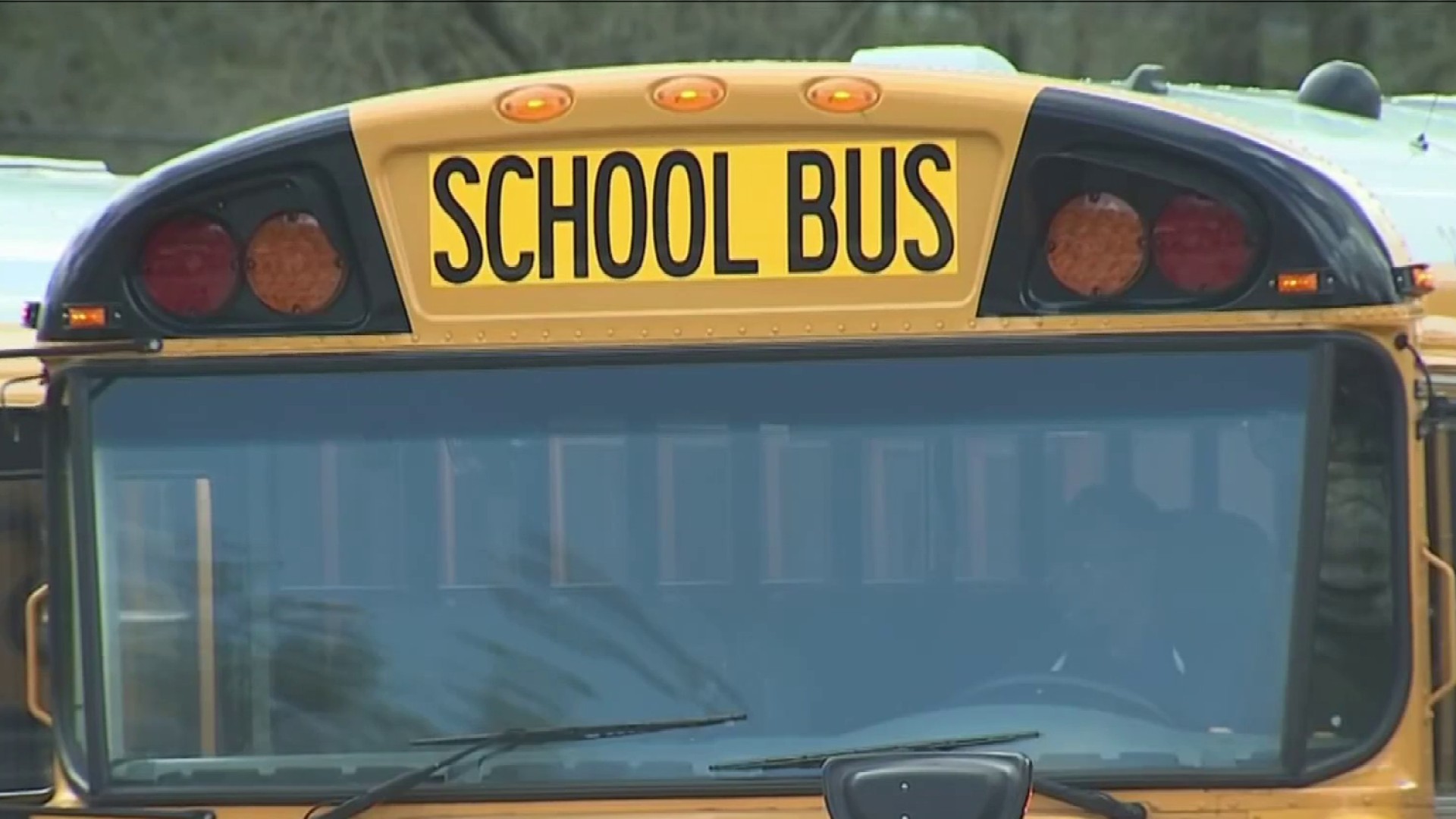Eighteen months after he lost a bid for the state's highest office, Maryland's former lieutenant governor is finding that a safely Democratic seat in Congress is no easy consolation prize.
Anthony Brown is locked in a tough three-way battle with a former prosecutor and a state delegate for the open seat in the state's 4th District. He'll have to persuade Democrats who were either disappointed he lost the race for governor or didn't turn out to vote for him. He also has to ask for fresh contributions from donors who helped him raise $21 million only to see him lose to Republican Larry Hogan in a blue state.
Brown, 54, isn't shying away from the comeback narrative.
"Whether you're an athlete, a doctor, a surgeon, a corporate lawyer, or even an elected official, if you lose but you believe in what you do and what your calling is in life, then you pick yourself up, you brush yourself off, you stay in the fight," Brown said. "I think voters look at me in a completely different way today than ever before. 'Here's a guy who hasn't had a straight-line trajectory to success.'"
But donors haven't responded to Brown the way he might have hoped. He's third in fundraising, trailing former Prince George's County State's Attorney Glenn Ivey and Delegate Joseline Pena-Melnyk. He's also still burdened by more than $400,000 in debt from his gubernatorial campaign.
Brown isn't the only failed gubernatorial candidate making a comeback bid for Congress this cycle. In Florida, former Gov. Charlie Crist is seeking an open House seat after losing to Republican Gov. Rick Scott in 2014. Crist, who served one term as governor as a Republican, is now a Democrat and is favored to win.
The Maryland primary race has attracted little attention beyond the borders of its suburban Washington district because, no matter who wins, it won't represent much of a political shift. Incumbent Donna Edwards, a liberal African-American Democrat who's running for Senate, will almost certainly be replaced by another liberal Democrat of color in the district, which is 53 percent black.
Local
Washington, D.C., Maryland and Virginia local news, events and information
The candidates have similar policy priorities and have mostly refrained from criticizing each other, and all three have endorsed Edwards in her U.S. Senate race against another suburban Washington Democrat, Rep. Chris Van Hollen.
Each has tried to make the case that he or she is the best-qualified for the job. Ivey, 55, highlights his time on Capitol Hill as a former House and Senate aide in addition to his nine years as state's attorney, during which he addressed the use of excessive force by police while also overseeing reductions in crime.
Brown, who was a state delegate before his two terms as lieutenant governor, points to his mix of legislative and executive-branch experience. And Pena-Melnyk, 49, has worked as a legislator, a prosecutor and a public defender. She also argues that, an Afro-Latina, she'd bring needed diversity to the state's delegation, which has just two women and no Hispanics. Brown and Ivey are African-American.
At the end of last year, Ivey had raised $718,000, Pena-Melnyk had brought in $509,000 and Brown had raised $455,000. Ivey's campaign said it brought in $280,000 in the first quarter of 2016, bringing his total haul to more than $1 million.
"I think we've made a convincing case to donors that we'd be a good investment, that it would make sense to support us, that we'll do a good job when we get there and that we've got the best path to victory," Ivey said.
Ivey's resources, name recognition and well-run campaign make him the favorite, said John Gallagher, a Washington-based political consultant who has worked on campaigns in Maryland. Ivey also benefits from being part of a high-profile political family: His wife, Jolene Ivey, is a state delegate who ran for lieutenant governor in 2014.
"Brown doesn't have any kind of organization," Gallagher said. "He hasn't raised the type of money that Glenn has and he certainly isn't deploying it as smartly and professionally as the Iveys are."
All three candidates have pledged to protect Social Security and the nation's new health insurance system and to bring federal aid to the area, which includes poor communities bordering the nation's capital. Pena-Melnyk was endorsed by The Washington Post editorial board, which noted the lack of policy differences between the candidates and gave her the nod based on her work ethic in Annapolis.
Gallagher said he's been impressed with Pena-Melnyk, even though he doesn't think she has the resources to win.
"Anthony Brown and Glenn Ivey are heavyweights, and she's punching above her weight class," he said. "She's probably run the best campaign of the three."
Associated Press writer Brian Witte in Annapolis, Maryland, contributed to this report.
Follow Ben Nuckols on Twitter @APBenNuckols. His work can be found online here.



